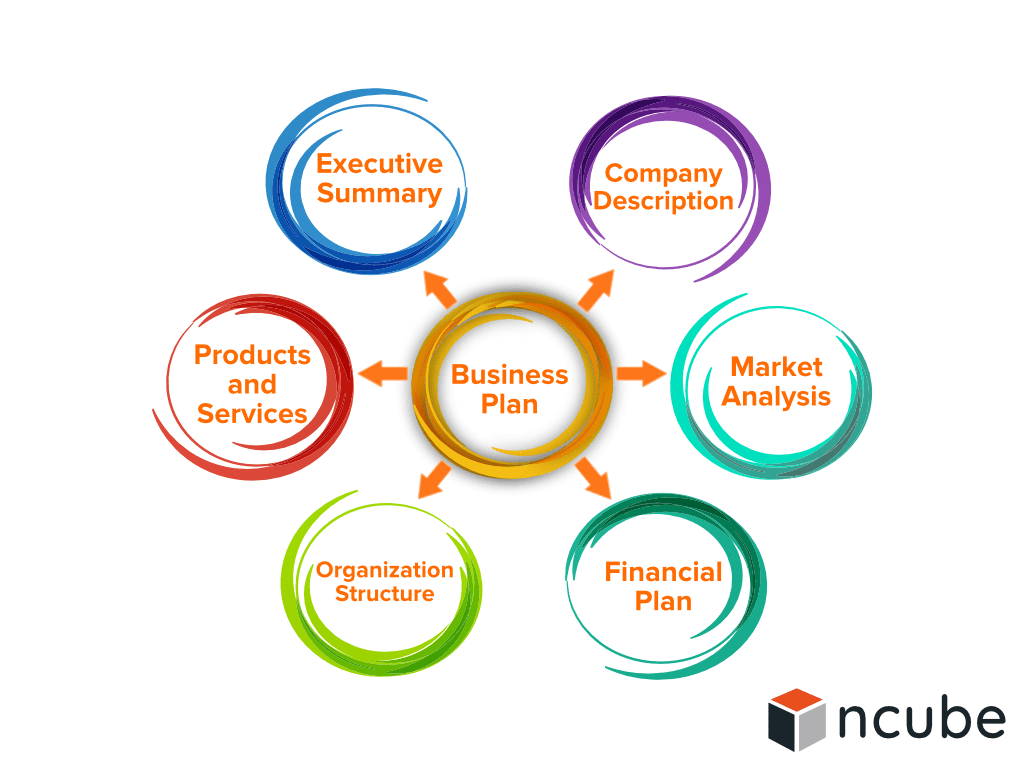
How to Create a Business Plan for a Startup
Starting a new business can be an exhilarating but challenging journey. One of the crucial steps in setting up a startup is creating a comprehensive business plan. A business plan serves as a roadmap that outlines your company’s goals, strategies, and potential obstacles. In this article, we will guide you through the process of creating an effective business plan for your startup.
1. Executive Summary
The executive summary is a brief overview of your business plan. It should capture the essence of your company, the problem you aim to solve, your target market, and your unique selling proposition. Keep it concise, preferably within one or two pages, to provide investors and stakeholders with a clear understanding of your business.
2. Company Description
In this section, you will provide detailed information about your startup. Describe your company’s industry, the products or services you offer, and explain what sets you apart from your competitors. Highlight your vision, mission, and values to give potential investors a glimpse into your long-term goals and aspirations.
3. Market Analysis
Conduct thorough market research to understand your target audience, industry trends, and competition. Identify your target market and define the customer segments you plan to target. Analyze the size of the market, market growth rates, and potential barriers to entry. This section provides valuable insights into your business’s potential demand and how you can position yourself to capitalize on it.
4. Competitive Analysis
Assessing your competition is essential to determine how you can differentiate your startup from existing players in the market. Identify your direct and indirect competitors, analyze their strengths and weaknesses, and evaluate what you can offer that sets you apart. This analysis will help you define a unique value proposition and uncover opportunities for growth.
5. Organization and Management
Describe the structure of your startup, including the key personnel and their roles. Highlight their relevant experience and expertise that will contribute to the success of your business. If there are any advisory board members, investors, or external consultants involved, provide information about them in this section. Investors want to see a capable and well-aligned management team.
6. Product or Service Line
Outline the products or services your startup will offer. Provide detailed information about their unique features and benefits, and explain how they address the needs of your target market. If you are introducing a new product or service, highlight the market gap it fills and any associated intellectual property or patents you may have. This section demonstrates your understanding of the market demand and your ability to deliver a compelling solution.
7. Sales and Marketing Strategy
Describe your sales and marketing strategies to reach and engage your target audience. Outline your pricing strategy, distribution channels, and promotional activities. Consider the online and offline channels you will use to raise awareness about your startup. Include projections of customer acquisition costs, sales forecasts, and your marketing budget. A well-defined sales and marketing strategy showcases your ability to grow and sustain your customer base.
8. Financial Projections
Provide a detailed financial forecast, including the startup costs, expected revenue, and profitability over a specific period. Include an income statement, balance sheet, and cash flow statement. Investors and stakeholders want to see the financial viability and potential return on investment. Use historical data, market research, and realistic assumptions to create a reliable financial projection.
9. Implementation Plan
Explain the steps and timeline to put your business plan into action. Break down your strategies into actionable tasks and assign responsibilities. This section demonstrates your ability to execute your plan and achieve your goals. Set measurable milestones and consider any potential challenges or risks that may require contingency plans.
10. Conclusion
In conclusion, creating a business plan is a crucial step in setting up a startup. It helps you clarify your vision, analyze the market, and map out a strategy for success. By following these steps and incorporating them into your business plan, you will articulate a compelling story that attracts investors and sets your startup on the path to growth and prosperity.
Written by: [Your Name], Tech Copywriter Extraordinaire

